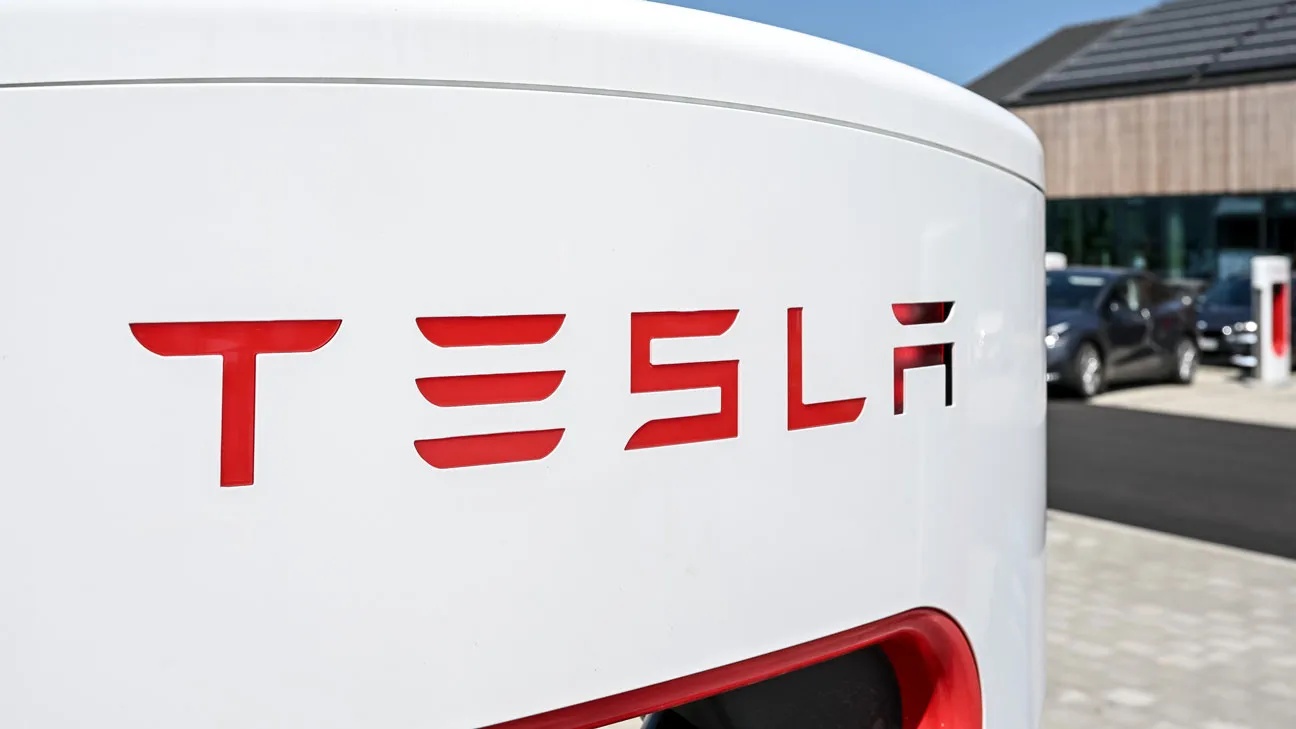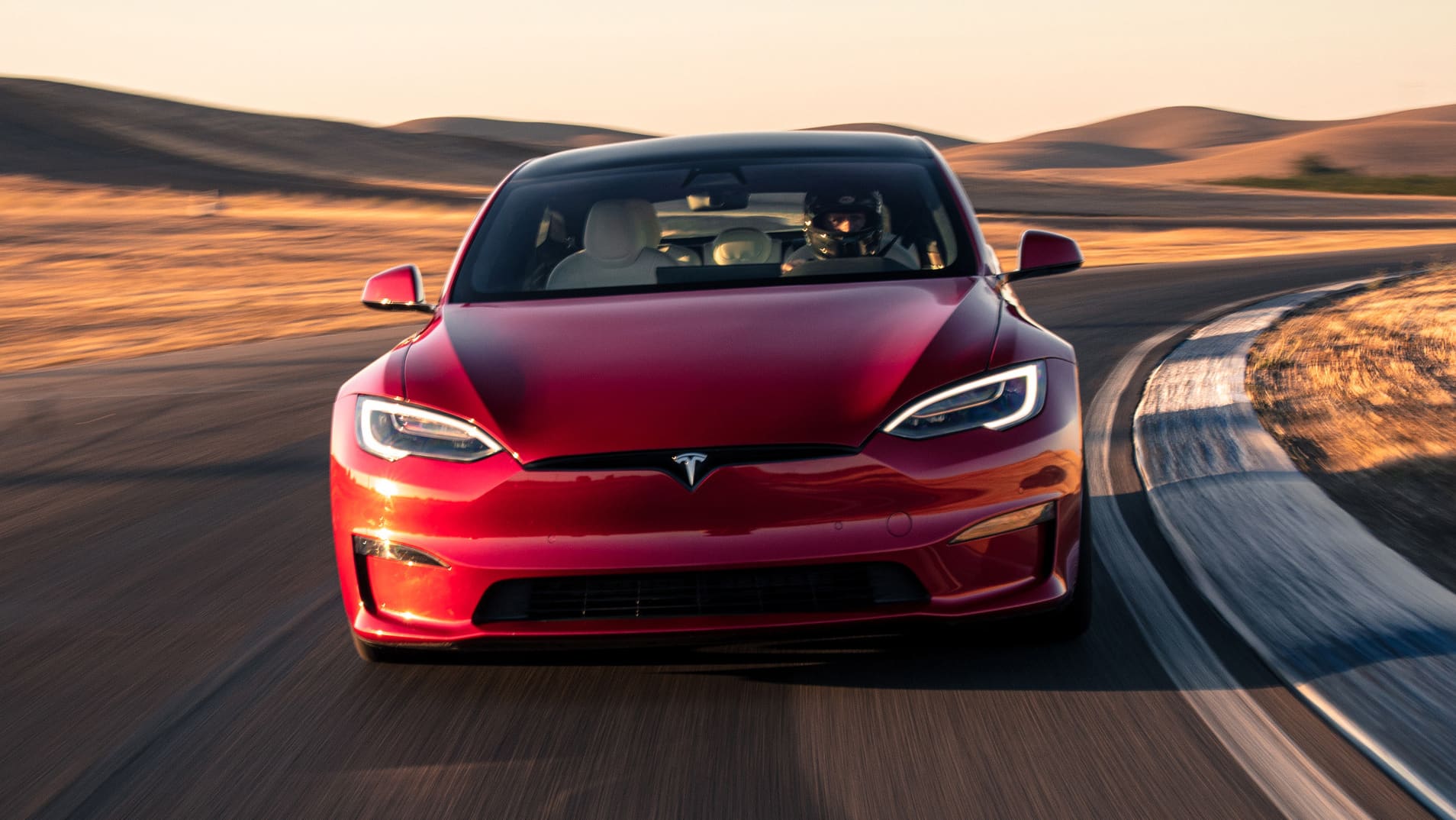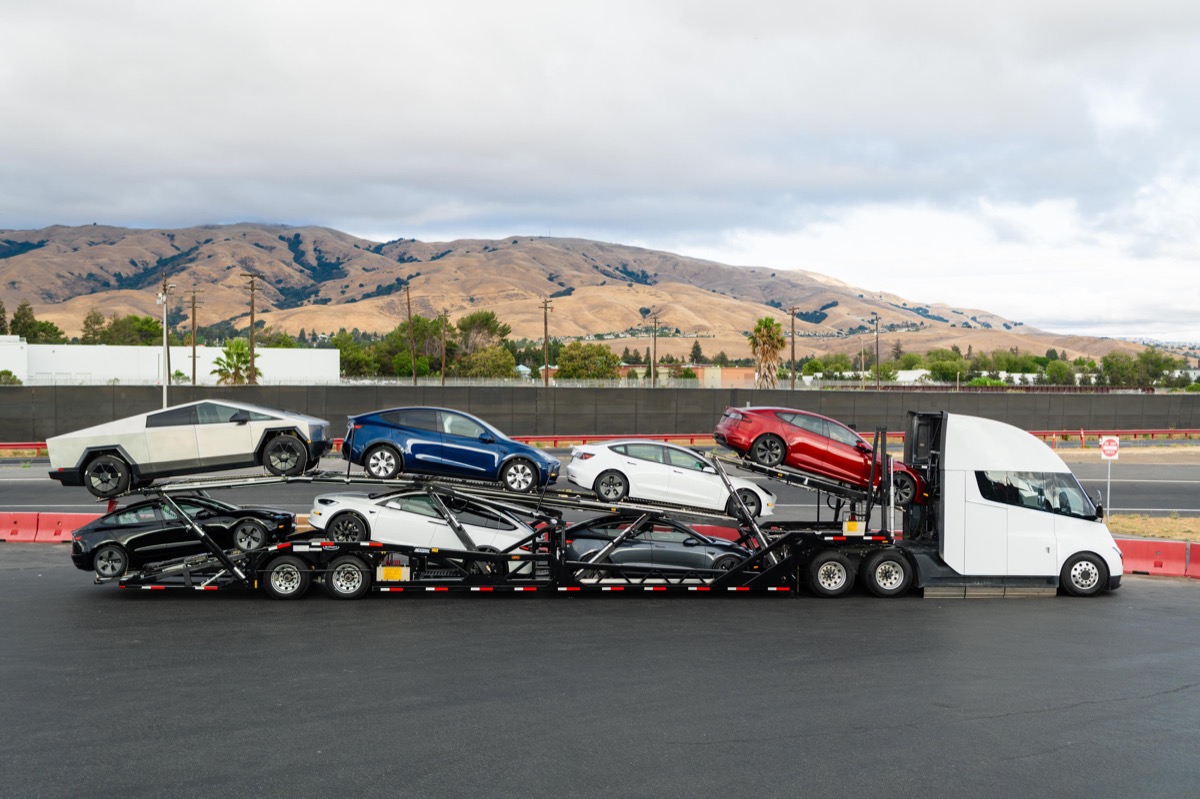In the latest twist in the legal realm of electric vehicles (EVs), Tesla finds itself at the center of a controversy that has ignited debate among consumers, legal experts, and industry watchers. At the heart of the matter is a series of lawsuits filed by Tesla drivers, who have accused the company of significantly overstating the driving ranges of its EVs.
However, a recent federal court ruling has shifted the battleground from a potential class-action lawsuit to individual arbitration, setting a precedent that may have wide-ranging implications for consumer rights and corporate accountability.

Tesla’s Range Exaggeration Controversy
The lawsuits emerged in the wake of a Reuters investigation, which revealed that Tesla “grossly” exaggerated the driving ranges of its electric vehicles, causing distress among owners who feared their vehicles were malfunctioning.
This led to the creation of what was reportedly dubbed a “Diversion Team” by Tesla, tasked with handling these complaints and often canceling service appointments due to the inability to enhance the actual driving distance of its cars between charges.

This revelation prompted several Tesla drivers to pursue legal action, seeking class-action status to represent the broader base of car buyers who felt misled.
Yet, their litigation path hit a roadblock when US District Judge Yvonne Gonzalez Rogers upheld the company’s arbitration agreement, compelling the plaintiffs to resolve their disputes individually through arbitration.
The Legal Framework and Implications
The core of the legal argument rested on the arbitration provision included in the order agreement signed by Tesla buyers.
This provision mandated that disputes be resolved by a single arbitrator rather than through court proceedings, a common clause in consumer contracts but one that significantly limits the ability of consumers to band together to address common grievances.
Tesla forces another class action from customers to go to arbitration https://t.co/W6lXDyvakC by @fredericlambert
— Electrek.co (@ElectrekCo) March 8, 2024
Despite arguments from the Tesla drivers that this agreement should not be enforceable based on precedents like McGill v. Citibank, Judge Gonzalez Rogers found that the arbitration provision did not preclude plaintiffs from seeking public injunctive relief individually.
This type of relief, which aims to prevent future violations of law for the benefit of the public, could still lead to an injunction against the EV brand to change its practices, albeit through arbitration rather than a class-action lawsuit.
Tesla’s Arbitration Clause: A Closer Look
This is not the first time Tesla’s arbitration clause has withstood legal scrutiny. In a separate case involving claims over the EV’s “self-driving” capabilities, the court similarly ruled in favor of arbitration, citing the conspicuous notice of the order agreements and enforceability of provisions like the 30-day opt-out clause.
Such rulings underscore the complex interplay between consumer protection laws and arbitration agreements, highlighting the challenges consumers face in pursuing collective action against corporations.
As the case progresses, it could set important precedents for how similar disputes are handled, particularly in the burgeoning EV market where claims about vehicle performance and sustainability are under increasing scrutiny.

Looking Ahead: The Road to Arbitration and Beyond
As the Tesla drivers prepare to take their claims to arbitration, the outcome of these individual cases could influence the broader conversation about corporate transparency, consumer rights, and the role of arbitration in resolving disputes.
For Tesla, the ruling offers a reprieve from a class-action lawsuit but also puts its business practices under the microscope, as the company navigates the growing pains of leading the EV revolution.
Meanwhile, for Tesla owners and prospective buyers, the dispute sheds light on the importance of understanding the fine print in purchase agreements and the potential limitations of seeking redress through traditional legal channels.
As the electric vehicle market continues to evolve, the resolution of cases like these will likely have lasting implications for how consumer grievances are addressed in an era of rapid technological advancement and environmental consciousness.


